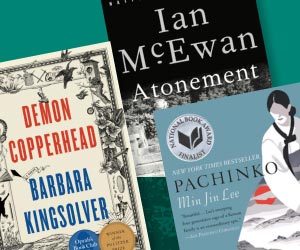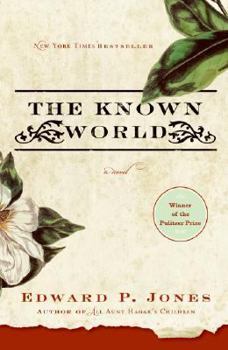The Known World
Select Format
Select Condition 
Book Overview
Winner of the 2004 Pulitzer Prize Award and recognized as the best book of fiction in the 21st century by the New York Times, Edward P. Jones's The Known World is a debut novel of stunning emotional depth and unequaled literary power and continues to show its importance to the American literary canon. Henry Townsend, a farmer, boot maker, and former slave, through the surprising twists and...
Customer Reviews
I paid for it but have not received it
Judging the sins of the past, in pitch-perfect prose
Compelling and thought provoking
Intelligent, thoughtful, and utterly compelling
The Known World Mentions in Our Blog

A few weeks ago, The New York Times Book Review published a piece entitled The 100 Best Books of the 21st Century and it has garnered lots of attention. Here's a look at the list, along with highlights, a reading guide, and more.

Thriftbooks is ringing in a milestone anniversary this year—twenty! In celebration, here are twenty terrific books, spanning a variety of genres, that came out the year we were born.






